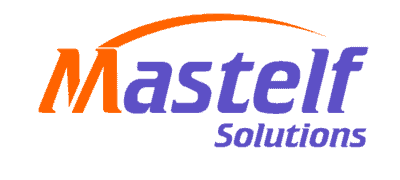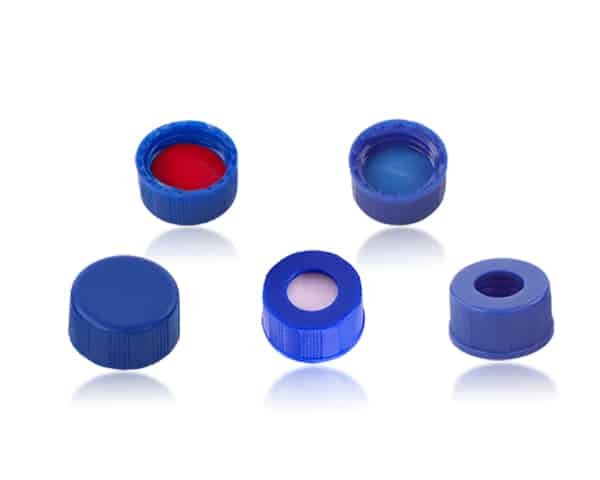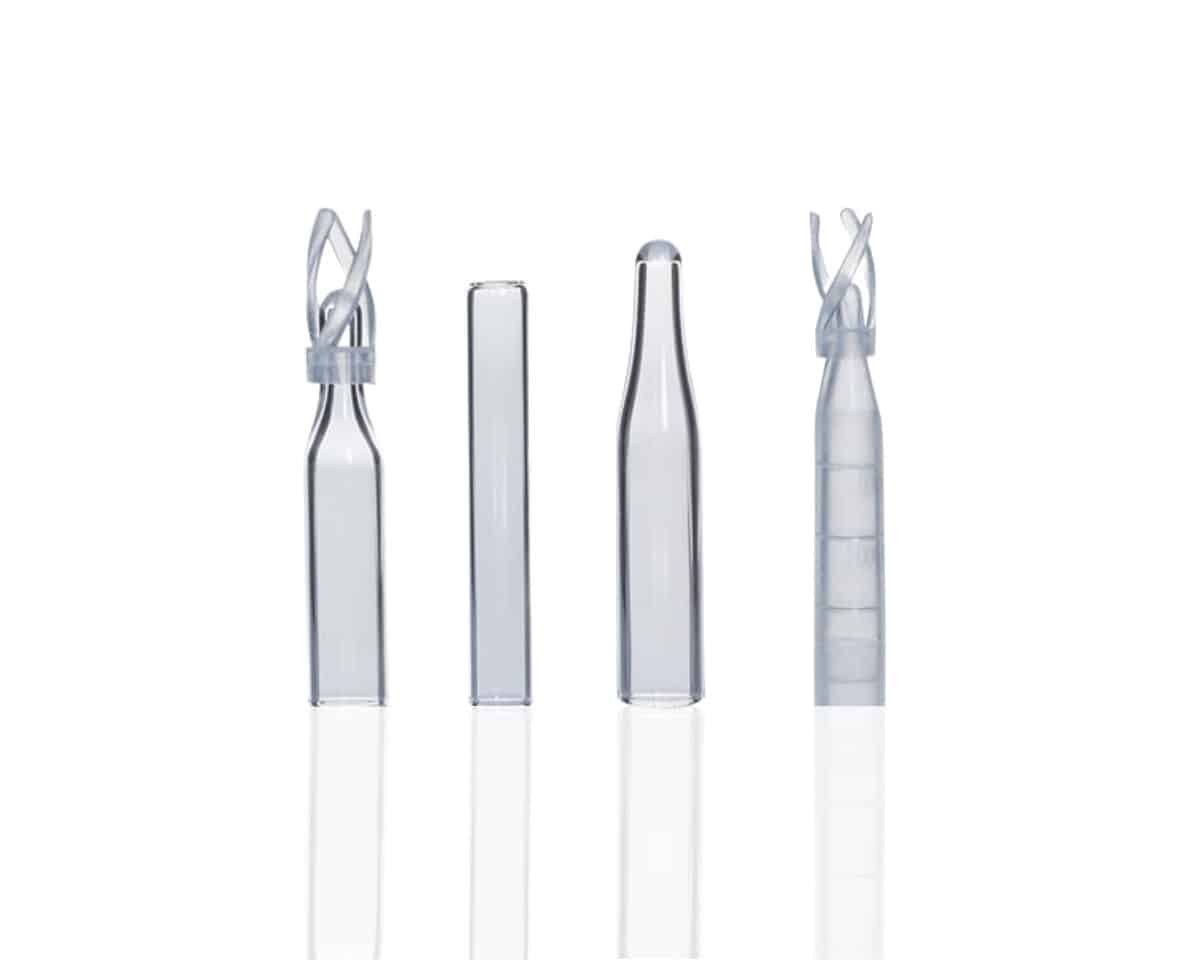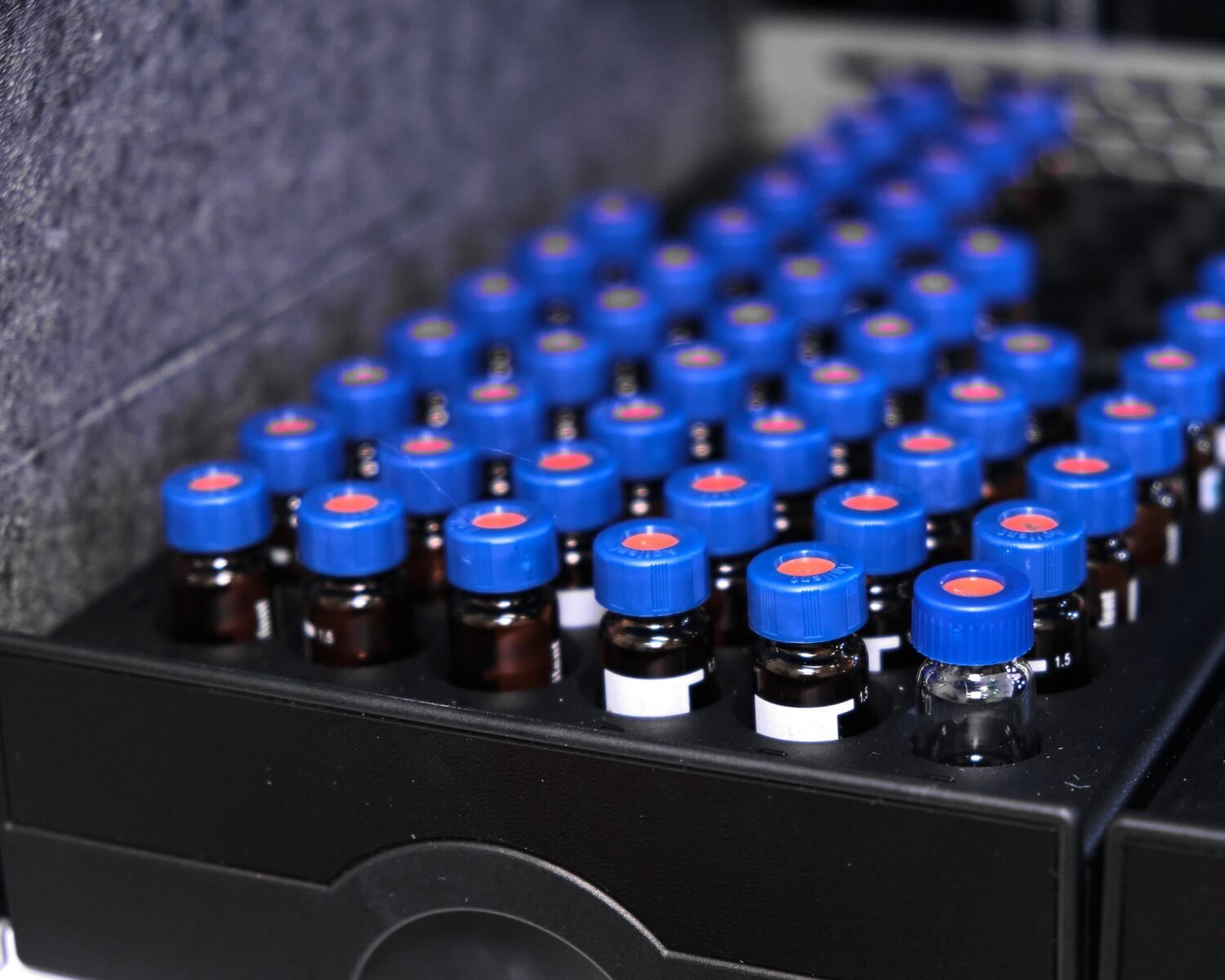Introduction
Running a laboratory consumables company can be both rewarding and challenging. You’re not just providing products; you’re supporting the research and discoveries that shape the future. But there are specific factors you’ve got to nail down to stay ahead. What are these key issues, and how can you prepare for them? Let’s dive in.
Answer Section
To run a successful laboratory consumables company, you must focus on quality, compliance, customer relationships, and innovation. It’s all about staying trustworthy and adaptable in a rapidly evolving industry.

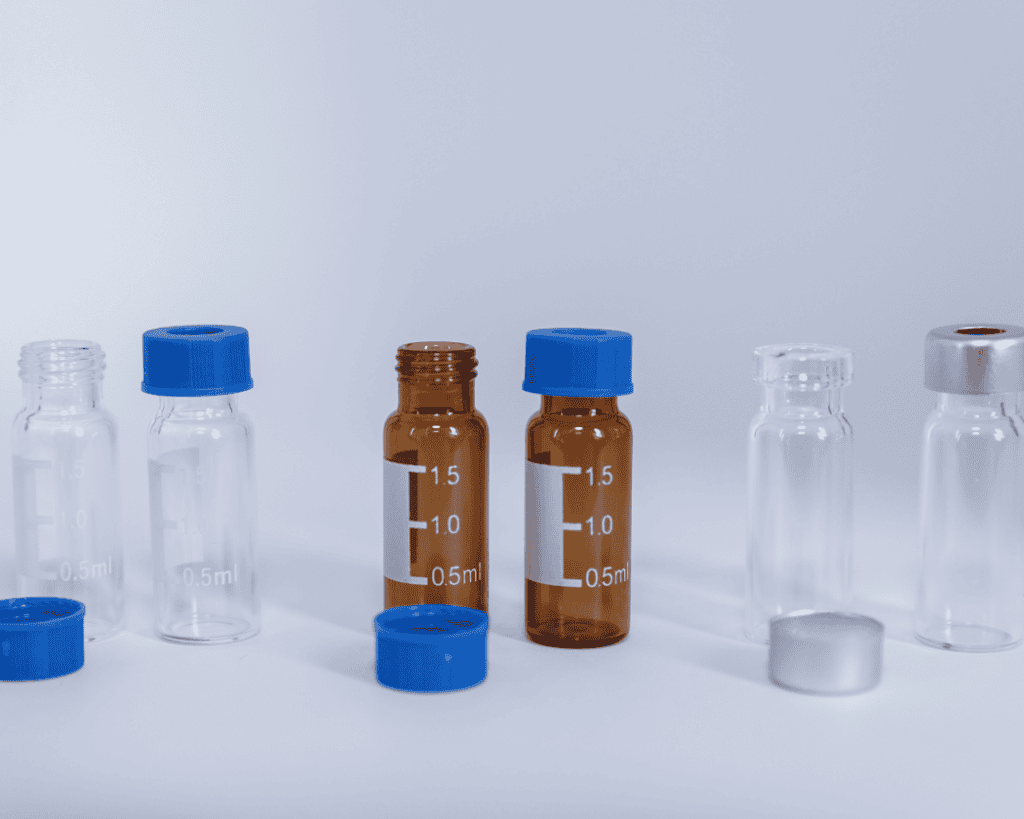
Tips 1: Focus on Quality and Reliability
Importance of Quality Control
You might think producing reliable products is obvious, right? But maintaining consistent quality is where many companies stumble. Customers depend on your consumables to run precise experiments. That means if your HPLC vials or syringe filters don’t meet their needs, you’re not just losing business; you’re losing trust. Regular quality checks and certifications are crucial to ensure that every batch meets high standards.
Partner with Reliable Suppliers
What happens if your suppliers let you down? Your whole production chain takes a hit. That’s why it’s essential to build strong partnerships with suppliers who share your commitment to quality. Conduct regular audits and maintain an open line of communication to ensure their raw materials meet your standards.
Compliance with Industry Standards
When it comes to laboratory consumables, meeting industry standards isn’t just about avoiding fines or passing audits—it’s about guaranteeing reliability and safety for your customers. Let’s be honest, researchers need to trust that every vial, every filter, and every consumable is designed and tested to meet strict guidelines. This is where compliance with industry standards like USP, ISO, and others becomes crucial.


USP Standards for Consumables
The United States Pharmacopeia (USP) sets the bar high for products used in pharmaceutical and biotech applications. For instance, if your company produces HPLC vials, it’s essential they meet USP standards for things like chemical composition, leachables, and extractables. These guidelines ensure that the materials used in your vials don’t react or contaminate the samples, which could compromise research integrity. So, when you tell your customers that your vials comply with USP standards, you’re basically giving them peace of mind.
ISO Certifications: A Mark of Trust
Beyond USP, meeting ISO 9001 or ISO 13485 standards is another big plus. These certifications focus on quality management systems, and they are globally recognized benchmarks. An ISO certification signals that your manufacturing processes are not only consistent but also continuously improving. This builds trust with international clients, especially in highly regulated industries like pharmaceuticals and environmental testing.
GMP and Regulatory Compliance
Adhering to Good Manufacturing Practices (GMP) is another must, especially for consumables used in the pharmaceutical industry. GMP guidelines ensure that your products are manufactured in a controlled environment with stringent checks and balances. This involves everything from hygiene protocols to proper documentation of each production step. Failure to comply with GMP can lead to severe penalties and loss of customer trust.
Following these standards isn’t just about ticking boxes; it’s about establishing your brand’s credibility. Customers need to know that they’re getting high-quality products, every single time. And isn’t that what matters most?


Tips 2: Understanding Your Target Market
Identify Customer Needs and Pain Points
It’s easy to fall into the trap of pushing products based on your preferences. But remember, your customers are in the driver’s seat. Are they struggling with contamination issues or batch consistency? Addressing their specific needs will make them feel understood and valued.
What do I think of this approach? I believe it’s about being a good listener and problem-solver, not just a vendor.
Building Relationships and Trust
Have you ever considered why customers stay loyal? It’s not just product quality. Trust is built through transparency and responsiveness. Responding quickly to inquiries, delivering on promises, and being upfront about issues can turn a one-time buyer into a lifetime customer.
Provide Custom Solutions and Flexibility
In an industry flooded with similar offerings, having a unique selling proposition is crucial. Think about it—why would customers choose you over your competitors if everyone is offering the same products? Differentiation is the key here. You don’t want to be just another supplier of vials or syringe filters; you want to be the supplier that customers immediately think of when they need high-quality, tailored solutions. Let’s talk about a few ways to stand out.
Differentiation Through Product Customization
A great way to differentiate your company is to offer customized products. This could be anything from vials with specific dimensions or closures to tailor-made filters for niche applications. By allowing customers to choose features that fit their unique requirements, you’re telling them, “We’re here to solve your problems, not just sell you a product off the shelf.” It’s this flexibility that can build long-lasting relationships.
For instance, some customers might require HPLC vials that withstand certain chemicals or high temperatures. Offering specialized materials or features—such as pre-slit septa or certified cleanliness for low-contamination applications—can set your brand apart. Do your competitors offer this level of personalization? If not, there’s your edge.
Differentiation in Packaging and Design
Another subtle yet effective differentiator is packaging and design. Does your product packaging add value, such as resealable or tamper-evident packs? Packaging isn’t just about aesthetics; it’s also about usability and convenience. For example, easy-to-open vials with secure caps not only keep the product sterile but also save researchers precious time in the lab. Imagine your customers noticing these small but impactful details—what impression would that leave?
After-Sales Support and Technical Assistance
Now, here’s something many overlook—after-sales support. It’s not just the product itself that builds loyalty but the support and technical assistance that come with it. Offering personalized training, quick response times, and thorough troubleshooting can set you apart from competitors who might not provide the same level of care. This extra mile creates a sense of reliability and trust that keeps clients coming back.
Leveraging Advanced Technology for Product Differentiation
Utilizing advanced technologies is another way to carve out a niche in a crowded market. For instance, using unique materials in vial production to reduce sample loss or integrating smart features like RFID tags for better tracking and inventory management. These are things your customers didn’t even know they needed, but once they see the benefits, it becomes a strong reason to choose you over someone else.
Reinforcing the Customer’s Mindset
Creating differentiation isn’t just about making unique products; it’s about reinforcing your brand in the customer’s mind. Every touchpoint, from your website and marketing to your sales pitch and packaging, should reinforce why your products are special. Consistently communicating your unique strengths and showing how you solve specific problems will shape the customer’s perception. Once this perception is established, choosing you becomes a no-brainer.
So, ask yourself—what sets your consumables apart? How can you strengthen this message in every interaction? And ultimately, how can you make customers feel confident in choosing you over someone else?
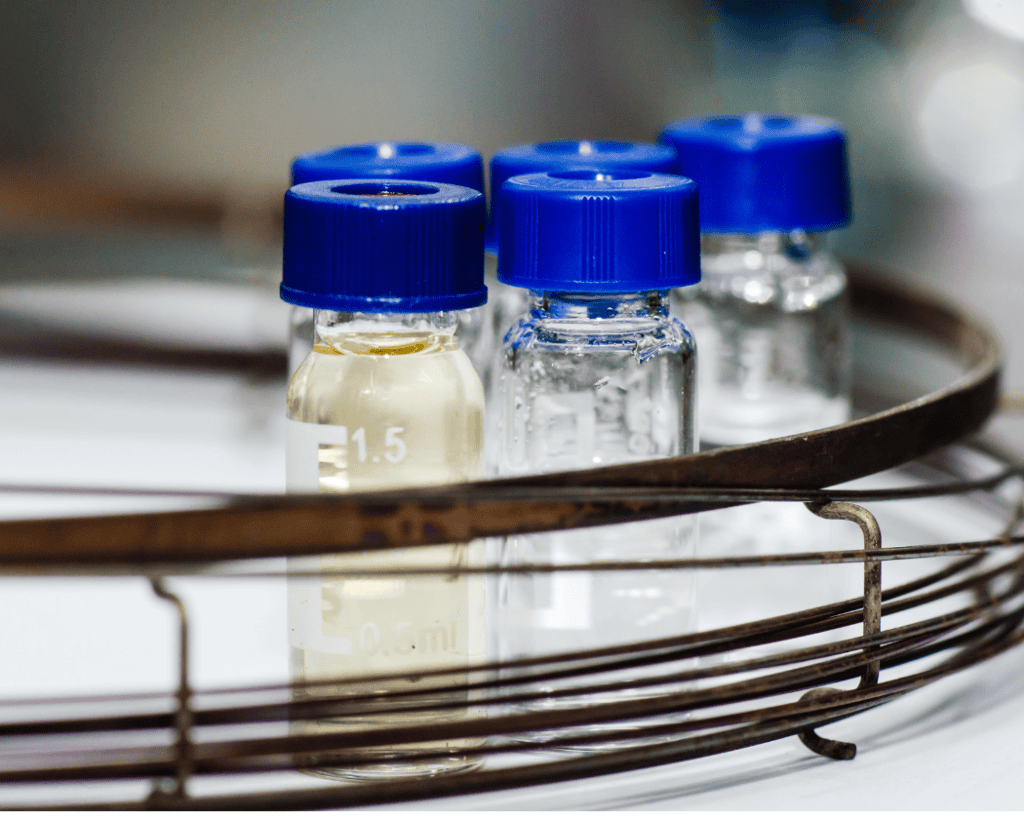

Tips 3: Understanding Your Target Clients
Identify Your Ideal Client Profiles
Who exactly are you selling to? In the lab consumables business, your target clients can range from large pharmaceutical companies to small research labs. Knowing who they are is the first step in creating products and marketing that truly resonates. Are they looking for cost-effective solutions, or is precision their top priority? Understanding their pain points and needs is crucial for tailoring your offerings.
Segment Your Market and Tailor Your Approach
Not every client has the same needs. Universities might require different types of consumables compared to a chemical plant or a biotech startup. Segment your market to personalize your communication and build stronger connections. This way, you’re not just another supplier; you’re a partner who “gets” them.
Build Trust Through Industry Expertise
One of the best ways to earn your clients’ trust is to showcase your industry expertise. Clients want to work with professionals who understand the field as well as they do—or even better. Sharing insightful content like white papers or case studies can help demonstrate that you’re not just selling products, but you’re also invested in the science behind them.
By understanding your target clients and their specific needs, you position your company as a go-to partner in their success. Isn’t that what every business wants?
Tips 4: Investing in Research and Development
If you aren’t innovating, you’re stagnating. Staying on top of the latest advancements in consumables, such as self-sealing septa or advanced filtering materials, gives you an edge. Customers appreciate a company that’s not only aware of the latest trends but is driving them.
Leverage Technology for Better Products
Technological advancements can improve not just the products but the whole production process. For example, automation in vial production or digital monitoring for syringe filter integrity can significantly boost efficiency and quality.
Focus on Sustainable Practices
Customers and stakeholders are increasingly concerned about environmental impact. Are your products eco-friendly? Can your manufacturing processes reduce waste? Adopting green initiatives isn’t just trendy—it’s crucial.
Tips 5: Customer-Centric Approach to Business
Training Your Sales Team
Your salespeople should be more than just sellers; they should be consultants who understand your products inside and out. When your team can answer in-depth questions or suggest alternative products, it strengthens customer trust and drives sales.
Offer Ongoing Support and Education
What good is a product if your customers don’t know how to use it? Offering online resources, tutorial videos, or even live webinars adds immense value. It demonstrates that you’re invested in your customers’ success, not just their money.
Gather and Act on Customer Feedback
How often do you ask for feedback? Do you act on it? Your customers are your best critics. Make it easy for them to share their opinions and turn that feedback into actionable improvements. It shows you care, and it strengthens your brand reputation.
Conclusion
Running a laboratory consumables company is all about balancing quality, innovation, and customer relationships. By focusing on these areas, you’ll build a brand that stands the test of time. What do you think? Are there other aspects you find essential?
Fianlly, if you’re on the lookout for high-quality HPLC vials at sensible pricing, you won’t miss out Mastelf. With over 13 years of experience in chromatography vials, we can help you find the exact vials you need for your applications.
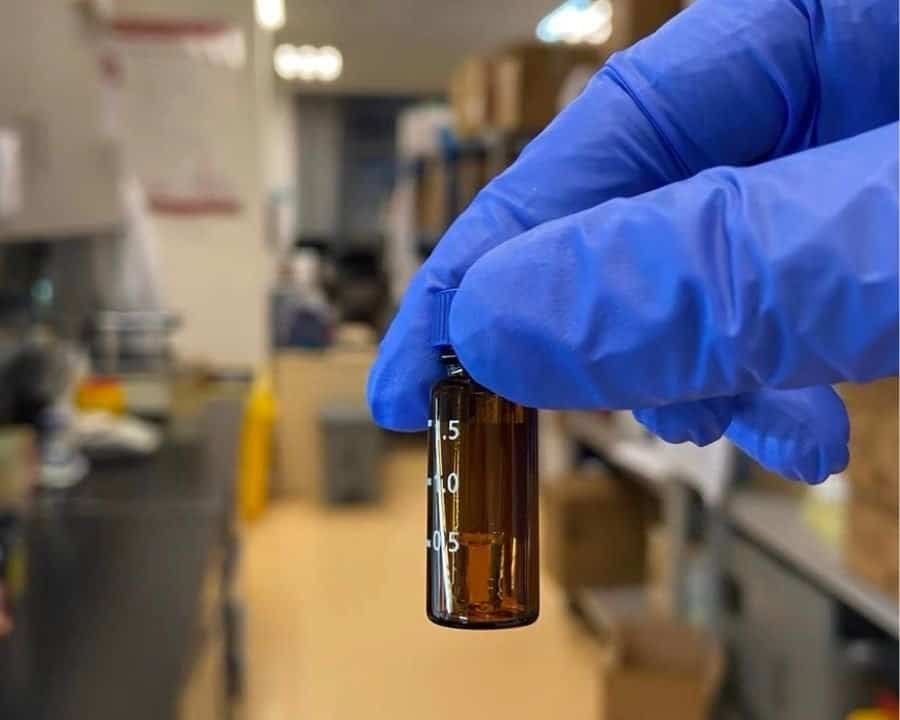
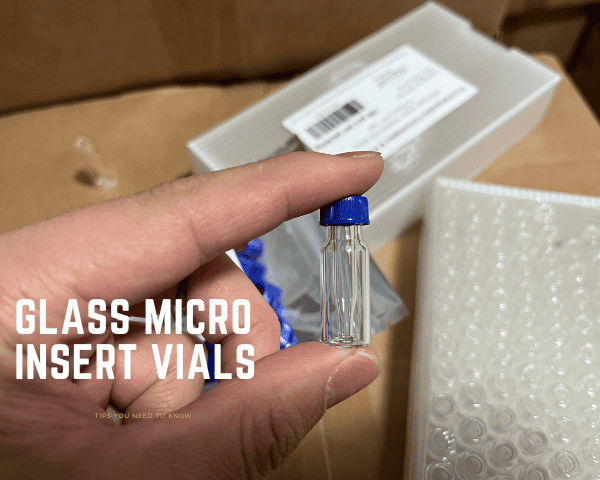
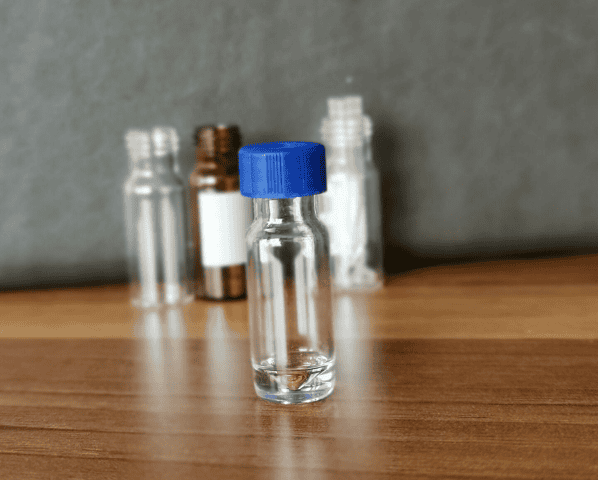
Our expertise ensures that you get reliable and precise products tailored to your specific requirements. Whether you’re in pharmaceuticals, research, or any other industry relying on HPLC, we understand your needs and are here to support you in making the right purchase.
Reach out to Mastelf, and let us assist you in procuring the perfect vials for your work.
